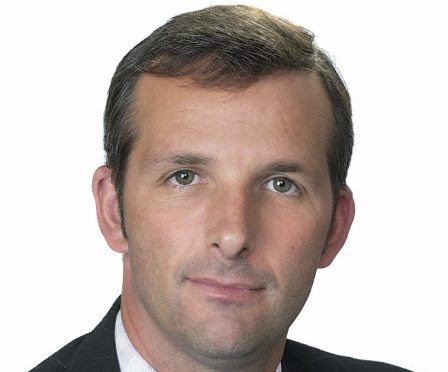One in five households in the north of Scotland are spending more than 20% of their income on fuel.
Shock new figures show that more than a fifth of homes across the region are living in extreme fuel poverty – despite a Scottish Government commitment to eradicate it in just 10 months.
Almost a third of families in Orkney face the “choice between eating and heating” – the highest in Scotland – while in the Western Isles, one in four families forked out more than 20% of their income on energy.
Highland, Shetland and Moray also reported among the highest figures for extreme fuel poverty in the country.
The Scottish Government said the high fuel poverty figures can be “explained by above-inflation energy price increases”.
Last night, Orkney MSP Liam McArthur accused the SNP of “burying their heads in the sand” over the “very real threat to public health”.
He said: “In 2016, the year fuel poverty is due to be eradicated in Scotland, no one should have to make the choice between eating and heating because they cannot afford both.
“These figures show major regional differences and a widening gap between urban areas and remote areas like our island communities, where fuel poverty and extreme fuel poverty levels have gone up substantially.
“I simply cannot understand why SNP Ministers refuse to acknowledge that they are set to miss their target.
“By doing so, however, they are causing more problems and delaying the opportunity to identify solutions to what is a very real threat to public health.”
A Scottish Government spokeswoman said £103million was being made available to help tackle fuel poverty in the next financial year.
She added: “The Scottish Government is committed to eradicating fuel poverty and has allocated over half a billion pounds since 2009 on a raft of measures to help people in Scotland heat their homes affordably.
“Since 2013, we have allocated almost £13million through our area-based schemes to combat fuel poverty in Shetland, Orkney and the Highlands.
“This should deliver an anticipated 2,300 energy efficiency measures installed in homes in these areas.
“In addition, our Rural Fuel Poverty Task Force is exploring issues around fuel poverty in rural areas and will report on its
findings later in the year.”
